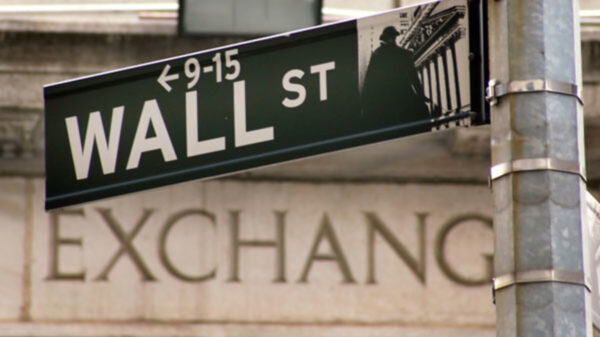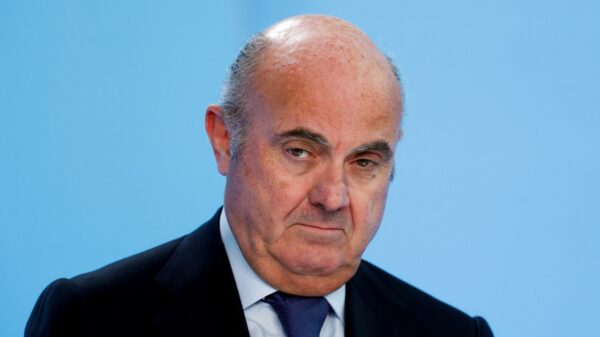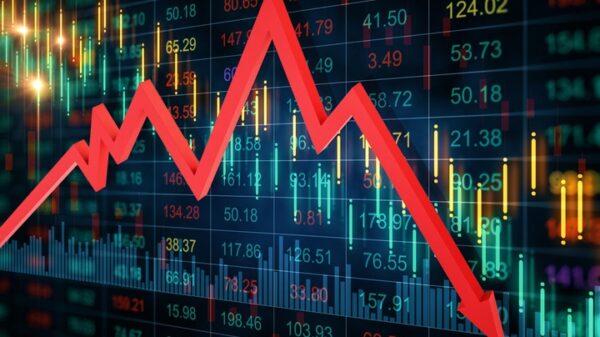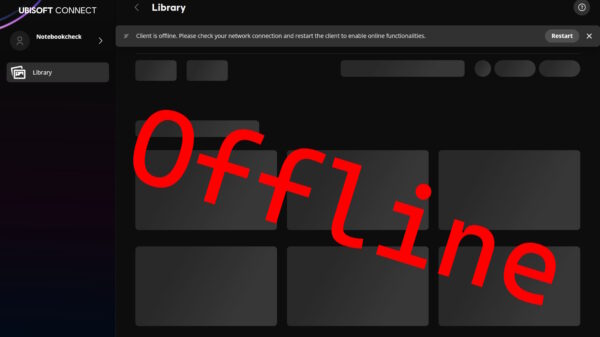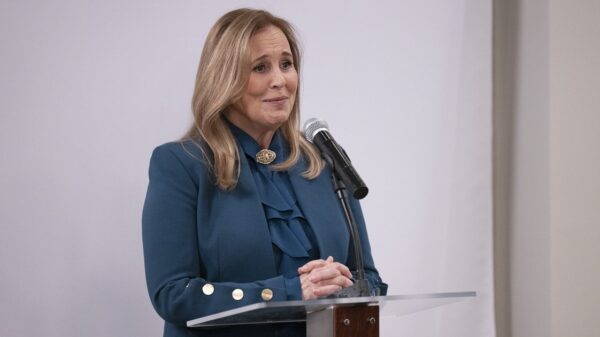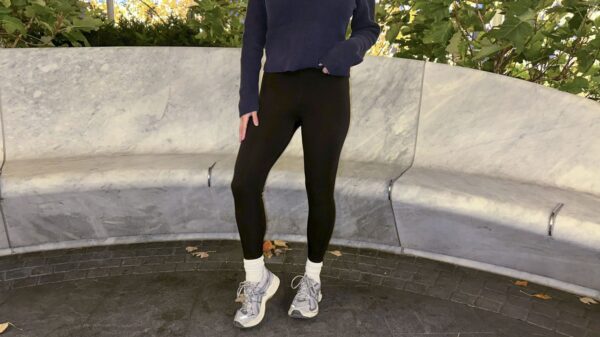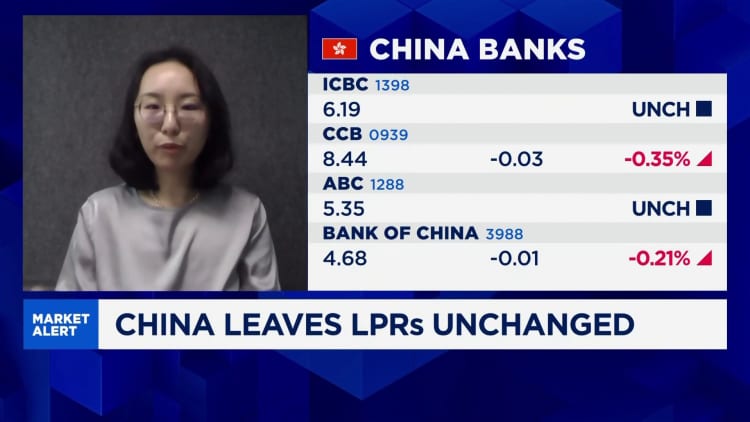UPDATE: A recent study reveals that affluent Chinese citizens are experiencing heightened economic pessimism, comparable to their outlook during the Covid-19 pandemic. Conducted by consulting firm Oliver Wyman, the survey indicates that 22% of wealthy respondents expressed negative sentiments about the economy in May 2023.
This figure narrowly surpasses the 21% recorded in October 2022, just before Beijing announced plans to ease its strict zero-Covid policy. The findings are alarming, as they reflect a significant shift in mindset among high-income individuals in Beijing and other major cities.
The study, which surveyed 2,000 households earning over 30,000 yuan ($4,180) monthly, highlights a growing sense of caution. Respondents, especially those aged 16 to 24, displayed the most significant decline in optimism, indicating a troubling trend for future spending and saving habits.
Imke Wouters, a partner at Oliver Wyman, stated, “If you think, ‘I’m not having a good financial situation now,’ your spending, saving patterns will be very different.” The longer this economic uncertainty persists, the more negative attitudes will likely become, leading to decreased consumer spending.
This pessimism coincides with a slowdown in retail sales growth and persistent deflationary pressures in China. Businesses are slashing prices to compete, while declining property values—a key component of household wealth—are further dampening sentiment.
Despite the gloomy economic outlook, affluent Chinese are increasingly eager to travel internationally. According to Oliver Wyman, the share of wealthy individuals traveling abroad this year is projected to reach 37%, exceeding the 32% level seen in 2019. So far, 27% of respondents have already traveled abroad, with more expected to follow suit later this year.
Wouters noted a shift in spending priorities, stating that affluent Chinese are now more inclined to invest in experiences rather than luxury goods. “You just want to enjoy the moment,” she remarked, reflecting a desire for immediate gratification amid economic uncertainties.
China’s consumer confidence index remains stagnant, having registered a low of 88 in May, up from a record low of 85 in November 2022. The ongoing perception of “unequal opportunity” has emerged as a major concern, with more respondents believing their economic situation has worsened compared to previous years.
As these trends develop, all eyes will be on China’s affluent population to see how their sentiments evolve and what implications this may have for the broader economy. With the potential for continued cautious spending, the economic landscape in China could face further challenges in the coming months.
Stay tuned for more updates and analysis on this evolving situation.




